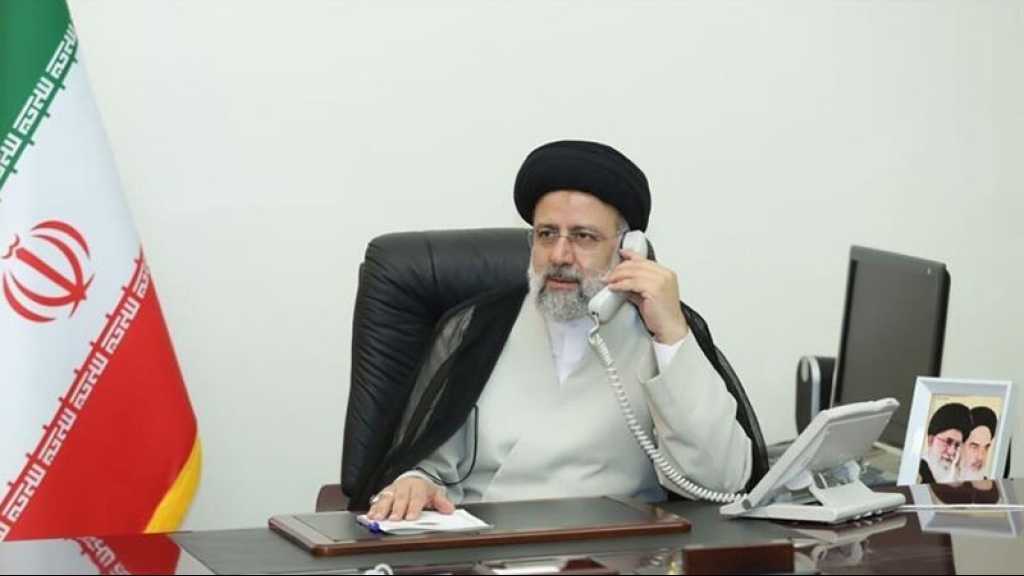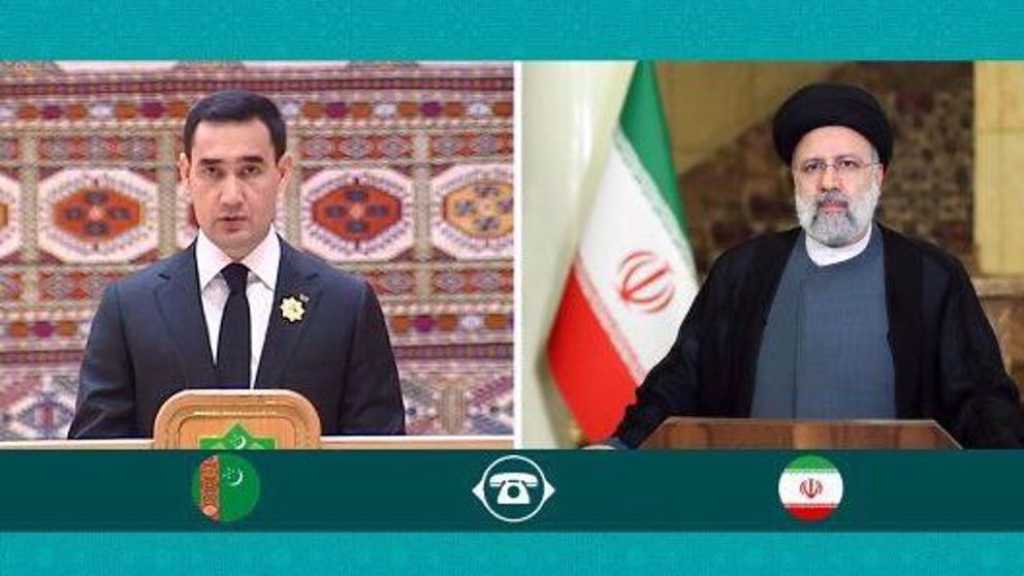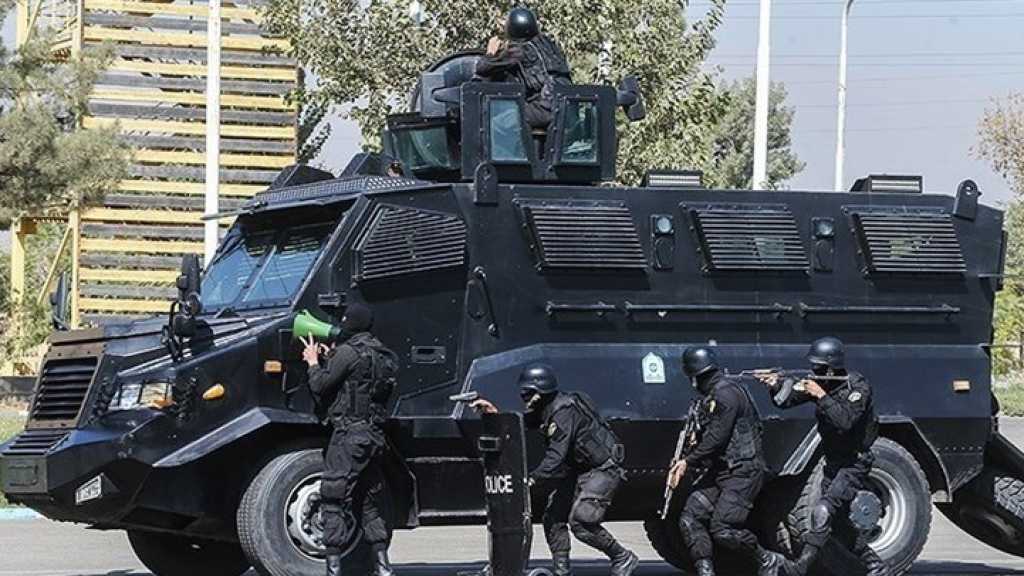
Iran: We Don’t Tolerate Language of Threats
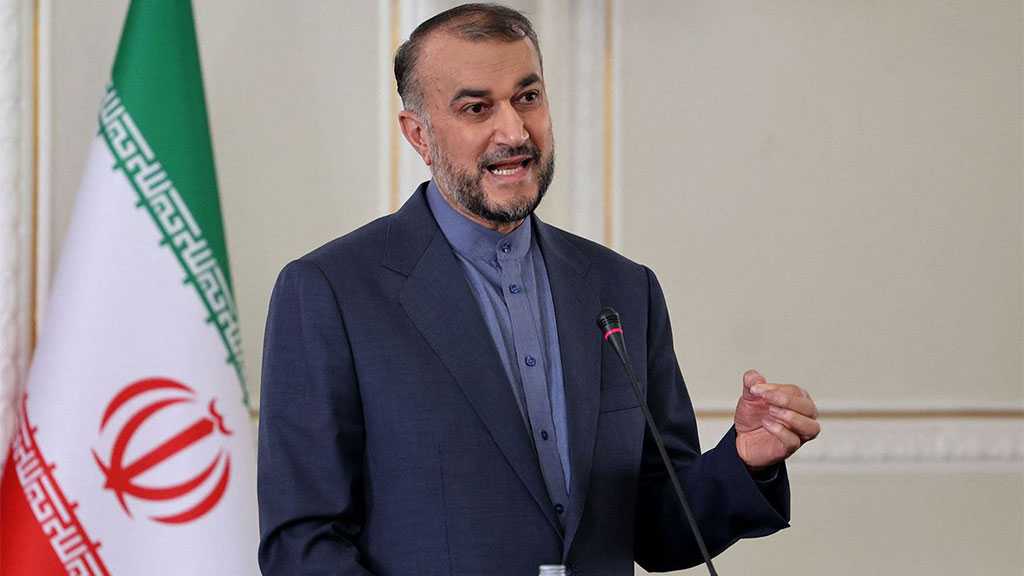
By Staff, Agencies
Iranian Foreign Minister Hossein Amir-Abdollahian urged the West to understand that Iran does not tolerate “any language of threat” against it.
“We are [acting] on the basis of good faith and initiative, and are seeking the conclusion of a good agreement, but do not brook the language of threat under any circumstances,” he told United Nations Secretary-General Antonio Guterres during a telephone call on Wednesday.
The Western side has to understand that application of such discourse against Iran always “produces the opposite result,” the top Iranian diplomat added.
The remarks came as Iran and the P4+1 group of countries that comprises the UK, France, Russia, and China plus Germany, have been holding several rounds of talks in the Austrian capital.
Amir-Abdollahian repeated the Islamic Republic's assertion that the country does not accept any commitments beyond the 2015 nuclear deal.
He further expressed regret that “the lack of initiative” on the part of the Western side had slowed down the negotiation process, while the Iranian side has come up with “some good proposals” that could form the basis of a lasting agreement.
The UN chief, for his part, considered the Vienna talks to be important, and repeated the world body's support for the nuclear deal.
He also expressed gratitude towards Tehran for its cooperation with the International Atomic Energy Agency [IAEA].
Iran's recent measure to allow the UN nuclear watchdog to set up new cameras at a the TESA Karaj Complex, a centrifuge component manufacturing workshop in north-central Iran, “indicated that Tehran enjoys a good level of cooperation with the agency,” something that would, in turn, contribute to the "trust-building process" during the negotiations, Guterres said.
The United Nations, he asserted, would deploy all of its available mechanisms to help the negotiations succeed.
Foreign Ministry spokesman Saeed Khatibzadeh, meanwhile, responded to a statement released on Monday by the UK, France, and Germany, in which they faulted Iran's negotiation logic and accused the Islamic Republic of causing the negotiation process to prolong.
“Any statement on JCPOA that fails to mention US culpability only conveys utter ignorance,” the spokesman tweeted, referring to the nuclear deal by the acronym of its official name, the Joint Comprehensive Plan of Action.
“If E3 [the UK, France, and Germany] wants to be taken seriously as fair partner, it needs to behave like one,” he stated, noting that “For Iran, JCPOA 'hollowed out' when promised dividends failed to materialize. They must be delivered, FINALLY!”
Comments
- Related News
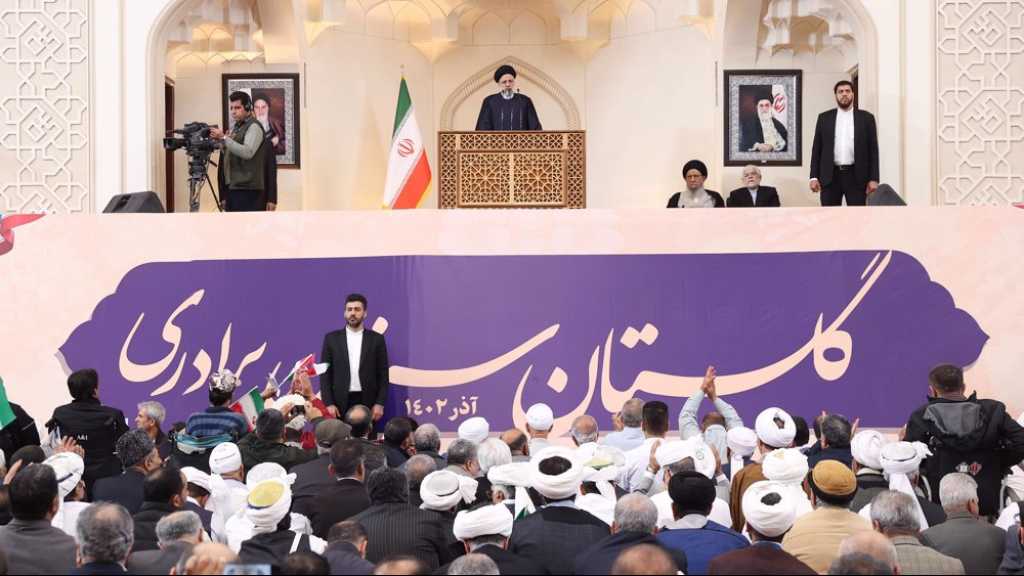
Raisi: Palestinian Resistance Astonished The World
3 months ago